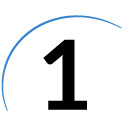
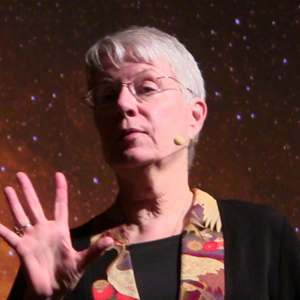
Jill Tarter is the Emeritus Chair for SETI Research at the SETI Institute in Mountain View, California, and serves on its Board of Trustees. Tarter received Bachelor of Engineering Physics from Cornell University and her Ph.D. in Astronomy from the University of California, Berkeley. She has led numerous SETI observational programs at radio observatories worldwide and helped construct and operate the innovative Allen Telescope Array in Northern CA. Tarter’s work has brought her wide recognition in the scientific community, including the Lifetime Achievement Award from Women in Aerospace and two Public Service Medals from NASA. She is a Fellow of the AAAS and the California Academy of Sciences, on whose Board of Trustees she served, presiding as President of the Academy until 2017. In 2004 Time Magazine named her one of the Time 100 most influential people in the world and in 2012 one of the Time 25 most influential people in space. Tarter was a Technology, Education, Design (TED) prize-winner in 2009, and was a recipient of the Silicon Valley Women of Influence 2010 Award. In 2014 she was chosen as the Jansky Lecturer. Asteroid 74824 Tarter (1999 TJ16) has been named in her honor, and a biography Making Contact by Sarah Scoles was published in 2017.
http://www.seti.org/users/jill-tarter
http://www.seti.org/ata
https://books.google.com/books/about/Making_Contact_Jill_Tarter_and_the_Searc.html?id=HTIpDwAAQBAJ&printsec=frontcover&source=kp_read_button#v=onepage&q&f=false
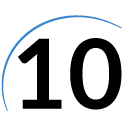
What is your background, where did you grow up?
I grew up in Eastchester NY, a commuting town on the NYCentral railway for New York, New York. But I was really fortunate to live in an apartment complex that surrounded a lake where I learned to swim, canoe, and fish with my dad. My dad died when I was 12, and that solidified a discussion that I had had with him when I was 8. I told him I wanted to be an engineer, and thereafter there was no other path for me.
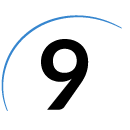
When did you first become interested in space?
As a grad student at Cornell, I was fascinated by the ‘moon room’ in the space sciences laboratory bilding. They were trying to figure out if the Apollo landers would sink into the lunar regolith. I also admit that when I was much younger, walking along the Florida Keys homeland of my beachcomber aunt and uncle’s realm, I looked at the sky and wondered whether another creature, on a planet around another star, was seeing our Sun in its sky and wondering if life existed here.
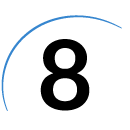
What do you think the biggest issue facing the industry today?
We’ve lost astronaut lives, and a Virgin Galactic test pilot but we haven’t yet lost lives of civilians in private enterprise efforts. When we do, how much resiliency do these industries have? People (beyond the super enthusiasts) will not go until they are reassured that it is as safe as commercial airplane flight.
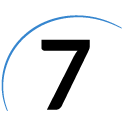
What do you like to do for fun?
For fun, I follow my daughter, step kids, and granddaughter on social media. And whenever we can my husband and I listen to live music – particularly in places where we can dance the samba.
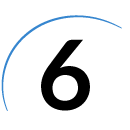
What is your favorite movie and why?
Not surprising that Contact tops my list. It gets a lot of things right and may inspire the next generation of explorers. But I also have to admire The Arrival because of the concept that if you can write in circles, you have to understand the future. And 2001, A Space Odyssey, because I still can’t completely understand it.
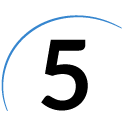
What are some of your favorite books?
Contact by Sagan
Door Into Summer by Heinlein
All the biographies by Walter Issacson
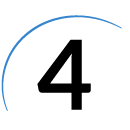
What are you reading now?
Micheal Michaud’s Monsters. He looks at the potential problem of unregulated genetic engineering, and he’s a colleague from back in the 1980’s when we constructed a ‘post detection protocol’ for SETI.
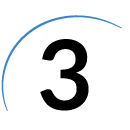
Where do you see the space industry in ten years?
Totally depends on whether we press ahead as nation states, or find a way to collaborate as Earthlings trying to solve universal problems of scarcity/plentitude in our local solar neighborhood.
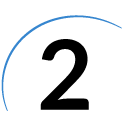
What would you tell people just starting out in the space industry?
Make partnerships with multiple nations. What you do out there may be narrowly regulated, but how it impacts all of Earth in its distribution will be globally challenging.
